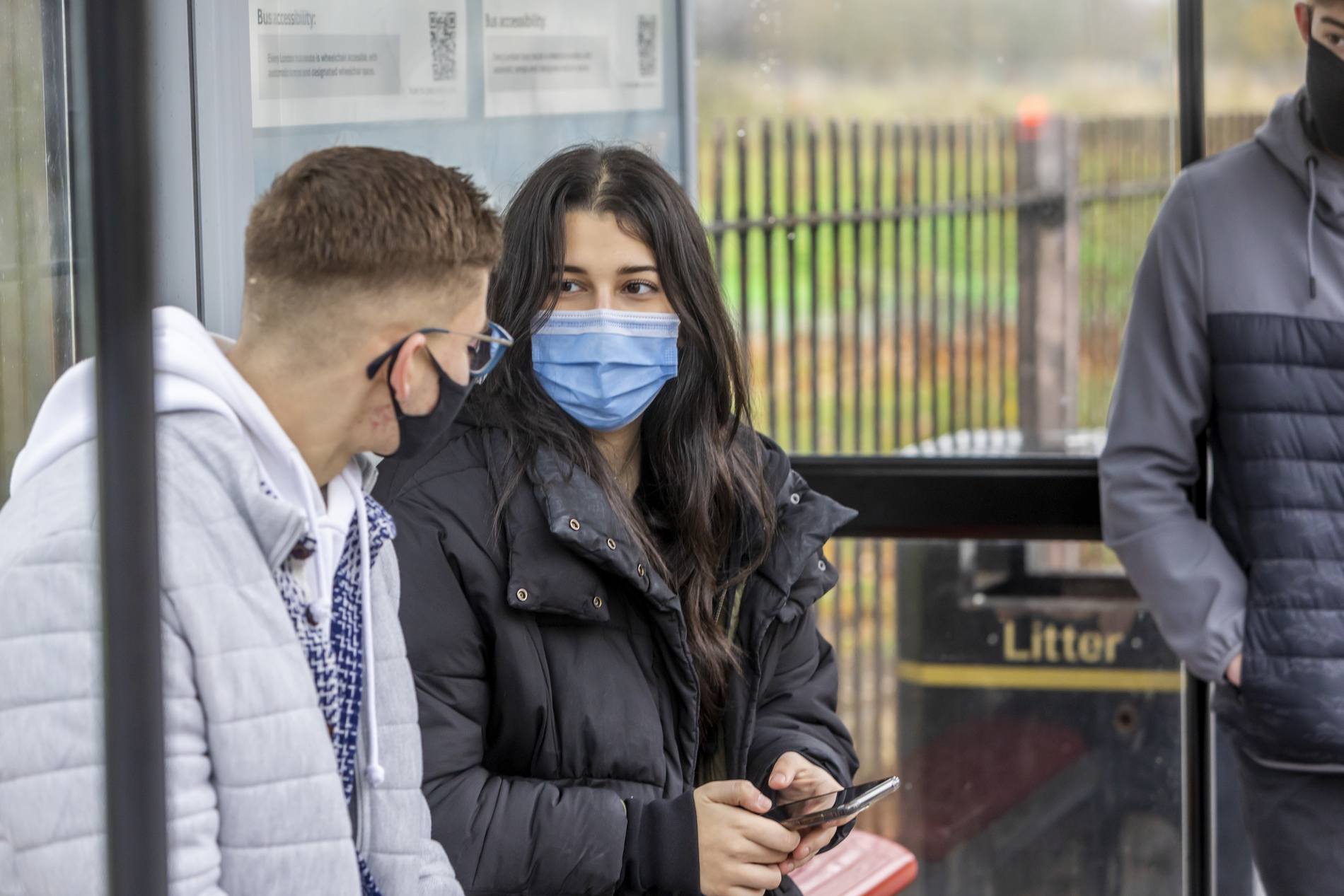Recovering from an abusive relationship
Abuse leaves a lasting impact that you never truly forget. However, there is hope. Survivors of abuse can find a way to move forward with their lives and not let the past define them. Difficult though it may be, you won’t be alone in this journey. Sophie shares her story of recovering from an abusive relationship.


TW: Includes references to an abusive relationship and domestic violence.
I’m Sophie and I’m 28 years old. I live in the West Midlands, work in communications and am slightly obsessed with Disney – the more Mickey the better! Outside of my 9-5, I love to write and get involved in different projects. Hopefully that gives you an idea of what kind of person I am. Now for the more serious issue at hand. I started working with Women’s Aid in 2016 after experiencing an abusive relationship when I was a teenager.
How the abuse started
I met my ex-boyfriend when I was about 16 and at college. He was in the year above me, which of course made me feel like he was some sort of relationship expert. Eventually, we went on a date (Nando’s! A classic choice) and started going out soon after that.
Things got pretty serious really quickly. He told me he loved me after just two weeks. After that, it was rare for us to go a day without seeing each other. Honestly, this was slightly stressful at times. Some days I just wanted to go home and watch Netflix on my own. But generally speaking I was fairly happy about the whole thing. Not to mention, all my friends loved him. Overall, I just thought I was lucky to have found someone who was so excited to hang out with me.
Changing behaviour
We got together when I was about 16 but I first noticed a change in his behaviour after four months. I had a house party coming up one weekend, and in the days leading up to it he was uncharacteristically grumpy with me. I would be lying if I said this didn’t put me on edge. For whatever reason, he kept mentioning the party and asking questions about it: was I going to wear a short skirt? Why was I so intent on drinking? By the time the party came around, I felt so anxious about it that I almost didn’t go.
Unfortunately, the behaviour only got worse as time went on – he tried to monitor what I wore; he didn’t like me spending time with friends or family; didn’t want me to drink or go to clubs (even though he did); he called me a slut and a slag; said I was “disgusting” for finding male celebrities attractive and made me take down my prom photo because he couldn’t stand to see pictures of me with my ex.
Physical abuse
Soon there were physical elements to our abusive relationship. Thing is, because they didn’t involve very obvious bruises or cuts, I told myself no-one would take them seriously. This meant that I stayed silent. But the abuse was very real. For example, he would scratch and pinch me. Several times he punched the wall next to my head. Once he even broke a mirror and told his mum it’d happened by accident. On top of all that, whenever we were arguing and I told him I wanted to leave, he’d block the door and push me backwards so I couldn’t get past him.
Prior to this relationship, when I heard the term ‘domestic abuse’ I pictured middle-aged women with black eyes and broken ribs. I never thought that what I was dealing with was anything of the sort, so if I told anyone they’d just laugh in my face – but I was wrong.
Getting help after my abusive relationship
I struggled with knowing who to talk to about my relationship. By this point, my friends and I weren’t close anymore. He’d isolated me from them. But I knew they were really worried about me. It was the same with my mum and my brother. I felt like anything I told anyone would just be used against my boyfriend. Strange as it sounds, I still wanted to protect him. It’s weird how defensive you feel over someone who’s treating you so badly.
I actually did try to leave that abusive relationship several times. Finally, I managed to go through with it when I was 18 – a year and a half after we’d started dating.
Understanding things
It took me ages to realise that what I’d experienced was abusive. He always used to say that we just had a “fiery” relationship, like Kate and Anthony from Bridgerton. Apparently, everything that happened was because we loved each other so much. For a while I even convinced myself that I missed my ex despite the fact that he was abusive. But when I look back on it, I can recognise now that it was abusive and toxic.
When the relationship ended – and for some time afterwards – I really struggled. I had very low self-esteem. I was incredibly anxious and quite honestly I wasn’t much fun to date while I was in the first stages of recovering from an abusive relationship. Sadly, I was so used to being in an intense relationship that I couldn’t understand boys who didn’t text back instantly, or had friends of the opposite sex.
If any of this sounds familiar you might want to check out The Mix’s article on dating if you’re recovering from an abusive relationship.
Love after an abusive relationship
Relationships are different for everyone – what works for one couple won’t necessarily work for another. But to me, a healthy relationship involves other people, always. It’s not just the two of you on an island, against the world. You have to make time for friends and family and hobbies, both separately and as a couple. My mum always used to tell me “One person can’t be everything to you,” and I would wonder what she was on about. Now I totally get it and would pass that advice on to anyone (hence me letting you know about it).
You deserve to feel loved and safe. No matter what, you are never, ever alone. Even if you’re thinking ‘I miss my ex but he was abusive’ there are people willing to help you through the healing process.
Our relationship tool and other resources
Back to The Mix here. Many thanks to Sophie for sharing her story.
Are you worried about your partner’s behaviour? Do you feel constantly anxious? Are you looking for love after an abusive relationship and always second guessing yourself? We’ve got an article on recognising an emotionally abusive relationship which could help.
It can be difficult to spot the signs of an abusive partner, and know what to do about it. But what if you could find out how healthy your relationship is? Check out our tool below to understand your relationship dynamic. And what you can do if it’s not as healthy as it should be.
Exit to GoogleNext Steps
- Women's aid protects women from domestic violence. Call their 24-hour helpline on 0808 2000 247.
- Refuge offers advice and support to victims of domestic violence. 0808 2000 247
- Chat about this subject on our Discussion Boards.
By Nishika Melwani
Updated on 21-Jun-2022
No featured article










